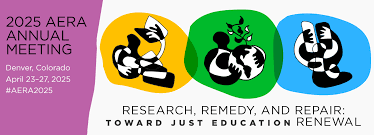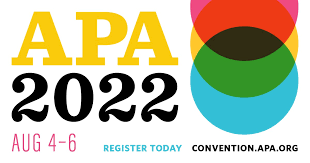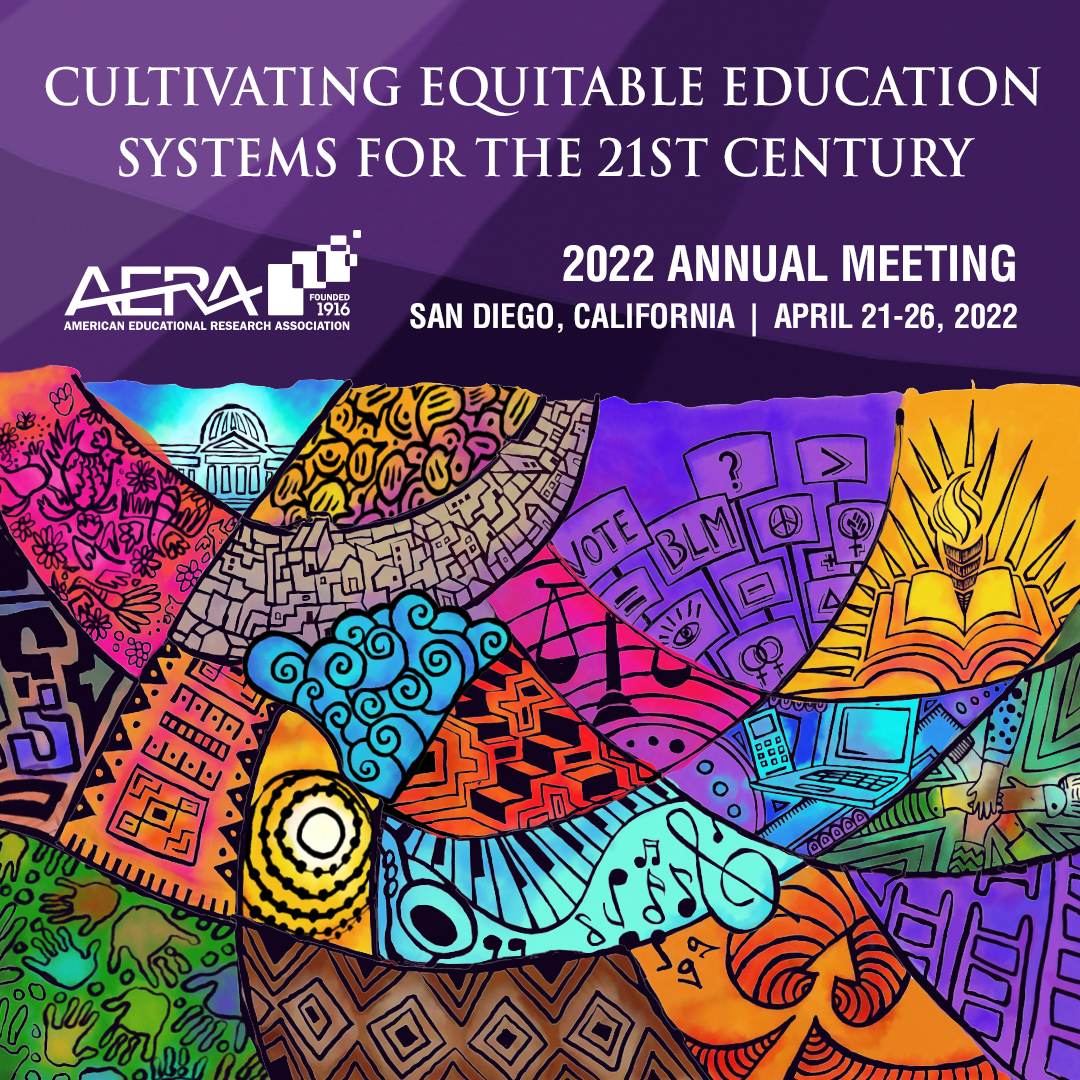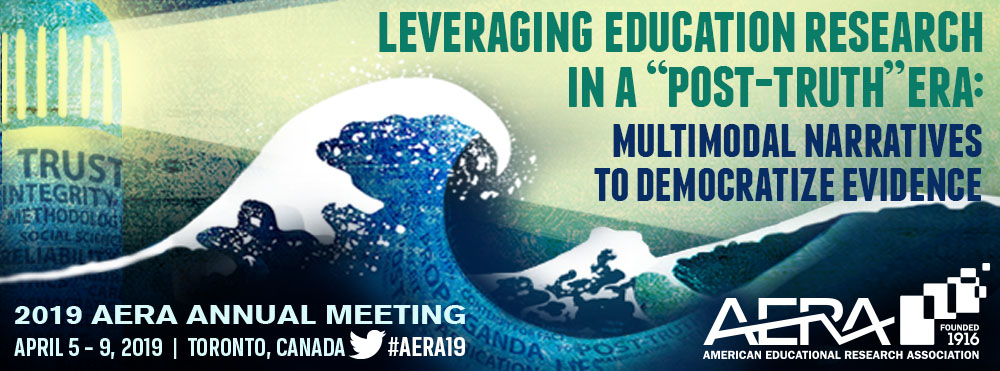DAACS at 2026 AERA & NCME
We look forward to seeing you at our upcoming presentations LOS ANGELES, WEDNESDAY, APRIL 8, TO SUNDAY, APRIL 12, 2026 American Educational Research Association (AERA) Bryer, et al. (2026, April). Free will as an obstacle to randomized controlled trials. Paper presentation at annual meeting of AERA. [Division D - Section 2: Division D - Measurement and Research Methodologies / Division D - Section 2: Statistical Theory and Quantitative Methods]









